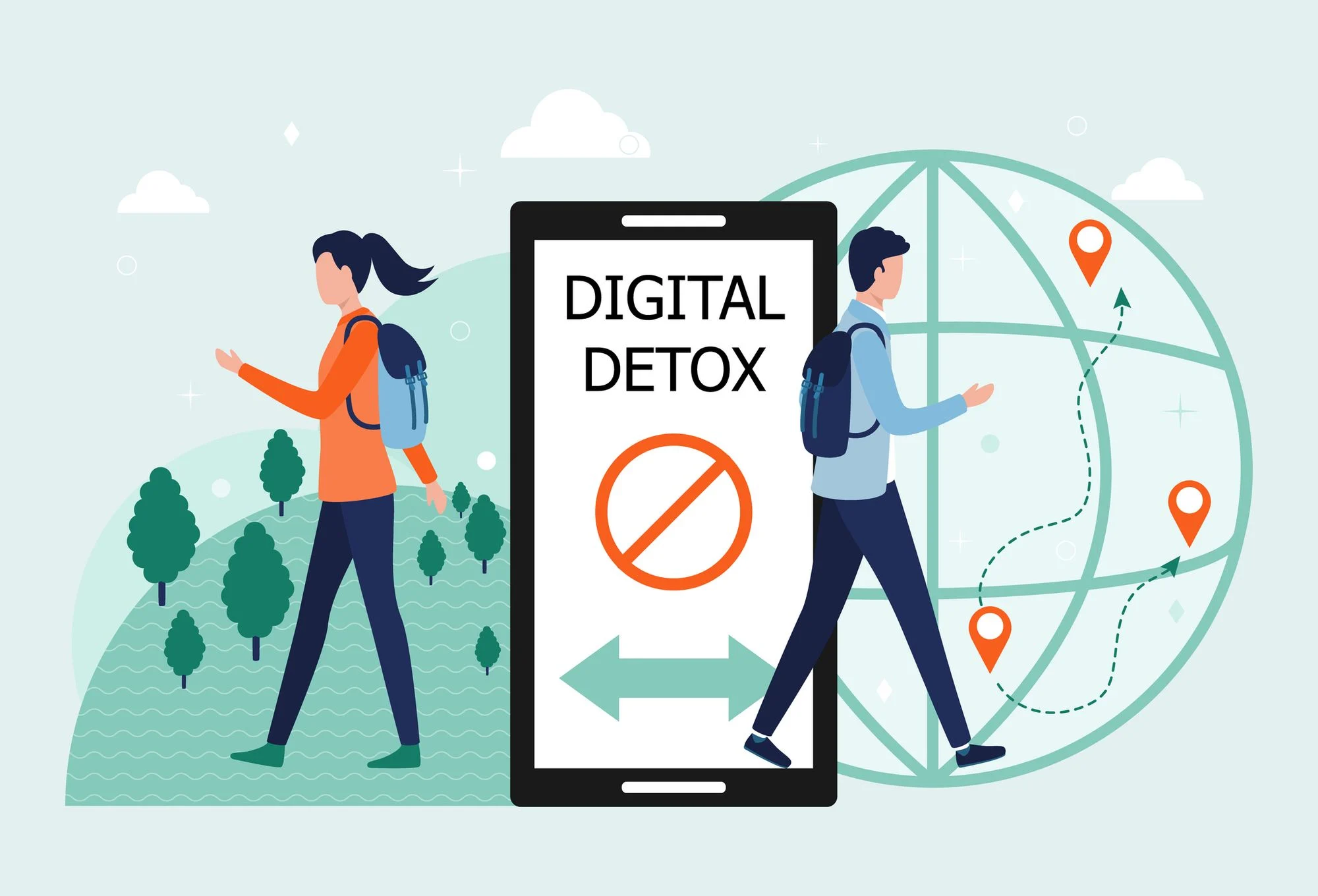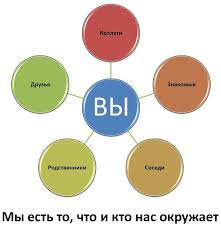
In 2025, the concept of success is undergoing a profound transformation. The traditional markers of wealth – material possessions, financial status, and career advancement – are gradually giving way to a more holistic and intrinsically rewarding definition: wellness. This shift reflects a growing awareness of the interconnectedness between physical, mental, and emotional well-being and overall life satisfaction. The relentless pursuit of material wealth has often come at the expense of personal health and genuine happiness, leading many to reconsider their priorities and seek a more balanced and fulfilling existence. This guide explores this evolving definition of success, providing practical insights and strategies for cultivating wellness as the new wealth.
This guide delves into the multifaceted nature of wellness and provides actionable steps to integrate it into your daily life, ultimately redefining your personal definition of success. We'll explore the key pillars of wellness and offer practical strategies for cultivating a life rich in well-being, not just material possessions.
The Pillars of Wellness: A Holistic Approach
Wellness isn't a singular concept; it's a tapestry woven from various interconnected threads. Understanding these threads is crucial for building a truly fulfilling life.
- Physical Wellness: This encompasses your physical health, including nutrition, exercise, sleep, and preventative care. It's about nourishing your body and ensuring it functions optimally.
- Mental Wellness: This refers to your cognitive health, emotional intelligence, and overall psychological well-being. It involves managing stress, fostering positive self-talk, and cultivating a sense of purpose.
- Emotional Wellness: This focuses on your ability to understand and manage your emotions, build healthy relationships, and cope with challenges. It's about developing resilience and emotional intelligence.
- Social Wellness: This emphasizes the importance of meaningful connections, strong relationships, and a sense of belonging. It's about building a supportive community and engaging in activities that foster social interaction.
- Spiritual Wellness: This involves connecting with something larger than yourself, whether it's through religion, nature, or a personal set of values. It's about finding meaning and purpose in life.
- Financial Wellness: While not traditionally considered a core pillar, responsible financial management contributes significantly to overall well-being by reducing stress and providing security.
- Environmental Wellness: Recognizing the impact of our surroundings on our health, this pillar focuses on creating sustainable and healthy living and working environments.
Practical Guidance: Evaluating and Cultivating Wellness
Transitioning from a wealth-centric mindset to a wellness-centric one requires a conscious effort and a willingness to make positive changes in your lifestyle. Here's a step-by-step guide to help you embark on this journey:
- Self-Assessment: Begin by honestly assessing your current level of wellness in each of the pillars mentioned above. Identify areas where you excel and areas where you need improvement. Consider using a wellness assessment tool [Markdown URL](https://www.mindtools.com/aq4u2r8/the-wheel-of-life) to gain a more objective perspective.
- Goal Setting: Based on your self-assessment, set realistic and achievable goals for each pillar of wellness. Focus on small, incremental changes that you can sustain over time. For example, instead of aiming to run a marathon, start by walking for 30 minutes a day.
- Prioritization: Wellness is not a one-size-fits-all concept. Prioritize the areas that resonate most with you and that align with your values and goals. Don't try to do everything at once.
- Habit Formation: Integrate wellness practices into your daily routine. Make them as automatic as possible. For example, schedule your workouts in your calendar and treat them as non-negotiable appointments.
- Mindful Consumption: Be mindful of what you consume – not just food, but also information, media, and products. Choose wisely and avoid things that drain your energy or negatively impact your well-being.
- Seek Support: Surround yourself with supportive people who encourage and inspire you to prioritize wellness. Consider joining a wellness community or working with a coach or therapist.
- Embrace Flexibility: Life is unpredictable. Be flexible and adapt your wellness practices as needed. Don't get discouraged if you miss a workout or indulge in unhealthy food. Just get back on track as soon as possible.
Specific Examples for Each Pillar
- Physical Wellness:
- Nutrition: Focus on whole, unprocessed foods. Cook at home more often. Limit your intake of sugar, processed foods, and unhealthy fats.
- Exercise: Find activities you enjoy and that fit your lifestyle. Aim for at least 30 minutes of moderate-intensity exercise most days of the week.
- Sleep: Prioritize sleep. Aim for 7-9 hours of quality sleep per night. Create a relaxing bedtime routine.
- Preventative Care: Schedule regular checkups with your doctor and dentist. Get vaccinated. Screen for common health conditions.
- Mental Wellness:
- Stress Management: Practice relaxation techniques such as meditation, deep breathing, or yoga. Learn to say no to commitments that overwhelm you.
- Positive Self-Talk: Challenge negative thoughts and replace them with positive affirmations. Focus on your strengths and accomplishments.
- Purpose: Identify your values and align your actions with them. Find activities that give you a sense of meaning and purpose.
- Mindfulness: Practice being present in the moment. Pay attention to your thoughts, feelings, and sensations without judgment.
- Emotional Wellness:
- Emotional Awareness: Learn to identify and understand your emotions. Pay attention to your body's signals.
- Emotional Regulation: Develop healthy coping mechanisms for dealing with difficult emotions. Avoid suppressing or numbing your feelings.
- Healthy Relationships: Cultivate strong, supportive relationships. Set boundaries and communicate assertively.
- Resilience: Develop the ability to bounce back from setbacks and challenges. Learn from your mistakes and view them as opportunities for growth.
- Social Wellness:
- Meaningful Connections: Spend time with people who uplift and support you. Engage in activities that foster social interaction.
- Strong Relationships: Nurture your relationships with family and friends. Communicate openly and honestly.
- Sense of Belonging: Find a community where you feel accepted and valued. Volunteer your time and contribute to a cause you believe in.
- Spiritual Wellness:
- Connection: Connect with something larger than yourself, whether it's through religion, nature, or a personal set of values.
- Meaning and Purpose: Reflect on your life's purpose and align your actions with your values.
- Gratitude: Practice gratitude daily. Appreciate the good things in your life.
- Financial Wellness:
- Budgeting: Create a budget to track income and expenses. [Markdown URL](https://www.nerdwallet.com/ca/personal-finance/how-to-budget)
- Saving: Save regularly for emergencies, retirement, and other goals.
- Debt Management: Manage debt responsibly. Avoid taking on unnecessary debt.
- Financial Literacy: Increase your understanding of financial concepts and strategies.
- Environmental Wellness:
- Sustainability: Reduce your environmental impact by conserving resources and reducing waste.
- Healthy Living Spaces: Create healthy and comfortable living and working environments.
- Connection to Nature: Spend time in nature to reduce stress and improve well-being.
Long-Term Considerations: Maintaining and Sustaining Wellness
Wellness is not a destination; it's an ongoing journey. Maintaining and sustaining wellness requires a long-term commitment and a willingness to adapt to changing circumstances. Here are some key considerations:
- Consistency: Consistency is key to success. Strive to maintain your wellness practices consistently over time. Don't let setbacks derail you.
- Self-Care: Prioritize self-care. Make time for activities that nourish your mind, body, and soul.
- Adaptability: Be flexible and adapt your wellness practices as needed. Life is unpredictable. Be prepared to adjust your approach as your needs and circumstances change.
- Mindfulness: Practice mindfulness in all aspects of your life. Pay attention to your thoughts, feelings, and sensations without judgment.
- Lifelong Learning: Continue to learn and grow. Expand your knowledge and skills. Seek out new experiences.
- Community: Stay connected to your community. Nurture your relationships and engage in activities that foster social interaction.
- Professional Guidance: Consider seeking professional guidance from a therapist, coach, or other wellness expert. They can provide support and guidance as you navigate your wellness journey.
The Role of Technology
Technology can be both a blessing and a curse when it comes to wellness. On the one hand, it can provide access to valuable information, tools, and resources. On the other hand, it can be addictive, distracting, and detrimental to our physical and mental health. It's important to use technology mindfully and intentionally.
- Wellness Apps: There are numerous wellness apps available that can help you track your progress, set goals, and stay motivated. [Markdown URL](https://www.healthline.com/health/top-iphone-android-apps#top-picks)
- Wearable Devices: Wearable devices such as fitness trackers and smartwatches can monitor your activity levels, sleep patterns, and heart rate.
- Online Communities: Online communities can provide support and encouragement.
- Mindful Use: Be mindful of your technology use. Set boundaries and avoid using technology excessively. Take breaks from screens regularly.
Redefining Success
Ultimately, redefining success means shifting your focus from external validation to internal fulfillment. It means prioritizing your well-being over material possessions and career advancement. It means living a life that is aligned with your values and that gives you a sense of meaning and purpose.
Consider this table illustrating the shift in priorities:
| Traditional Definition of Success | New Definition of Success (Wellness-Focused) |
|---|---|
| High Salary | Meaningful Work |
| Impressive Title | Work-Life Balance |
| Material Possessions | Experiences and Relationships |
| Constant Achievement | Personal Growth and Fulfillment |
| Social Status | Strong Social Connections |
FAQ (Frequently Asked Questions)
- Q: How can I start prioritizing wellness when I have a busy schedule?
A: Start small. Even 15-30 minutes per day dedicated to a wellness activity can make a difference. Schedule it like any other important appointment and be consistent. Batch similar tasks together to free up larger blocks of time. - Q: What if I slip up and miss a workout or eat unhealthy food?
A: Don't beat yourself up. It's normal to have setbacks. Just get back on track as soon as possible. Focus on progress, not perfection. - Q: How can I motivate myself to prioritize wellness when I'm feeling overwhelmed or stressed?
A: Remind yourself of the benefits of wellness. Focus on how good you feel after a workout or a healthy meal. Seek support from friends, family, or a wellness community. Break down your goals into smaller, more manageable steps. - Q: Is financial wellness really part of overall wellness?
A: Yes, financial stress can significantly impact mental and physical health. Managing finances responsibly reduces stress and provides security, contributing to overall well-being. - Q: How can I find my sense of purpose?
A: Finding your sense of purpose is a deeply personal journey. It often involves exploring your values, passions, and interests. Consider volunteering, taking classes, or engaging in activities that you find meaningful and fulfilling. Journaling can also be a helpful tool for self-reflection.
Disclaimer: This information is for informational purposes only and should not be considered as professional medical or financial advice. Consult with a qualified professional for personalized guidance.
Sources:
- World Health Organization. (2021). WHO definition of health. [Markdown URL](https://www.who.int/about/who-we-are/frequently-asked-questions)
- National Institutes of Health. (n.d.). Wellness Resources. [Markdown URL](https://www.nih.gov/health-information/wellness-resources)
- Harvard T.H. Chan School of Public Health. (n.d.). The Nutrition Source. [Markdown URL](https://www.hsph.harvard.edu/nutritionsource/)
In conclusion, redefining success in 2025 means prioritizing wellness over traditional markers of wealth. By focusing on the key pillars of wellness – physical, mental, emotional, social, spiritual, financial, and environmental – and integrating practical strategies into your daily life, you can cultivate a more fulfilling and meaningful existence. Remember that wellness is an ongoing journey, not a destination. Be consistent, adaptable, and mindful. Prioritize self-care and seek support when needed. By embracing wellness as the new wealth, you can unlock your full potential and live a life that is rich in well-being, not just material possessions. Key takeaways include the importance of self-assessment, goal setting, habit formation, mindful consumption, and seeking support. These elements will help you shift your focus towards a more balanced and intrinsically rewarding definition of success.




